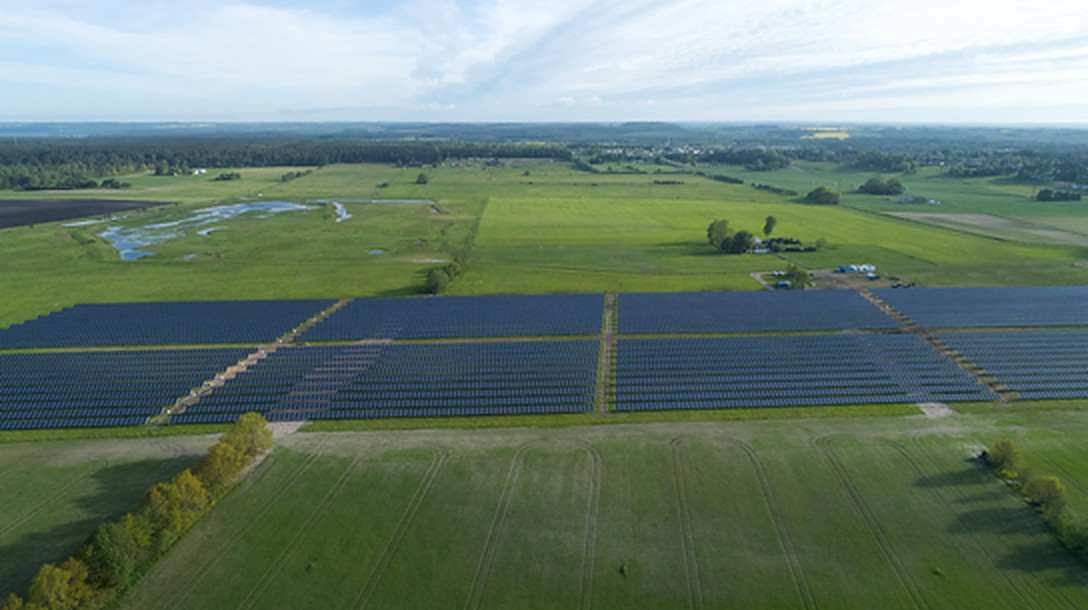Sweden could potentially add 750 MW of solar in 2022, according to data from research firm Becquerel Sweden. In 2021, the country added 499.7 MW of solar, up by about 25% year on year from 2020.
The International Energy Agency Photovoltaic Power Systems Programme‘s (IEA-PVPS)’s Task 1 recently published a report on PV applications in Sweden in 2021. While PV systems for self-consumption dominate Sweden’s solar market, unsubsidized utility-scale solar parks are starting to proliferate. Becquerel estimates between 110 MW to 150 MW of capacity will be added by the end of this year.
“When collecting the data we conducted interviews, and the general word from the developers is that larger projects were postponed until 2022, mainly due to supply chain constraints,” said Amelia Westerberg, a PV market analyst at Becquerel Sweden and the co-author of the report.
This growth has occurred despite the removal of solar from the Swedish-Norwegian renewable electricity certificate system on Dec. 31, 2021. The system works by trading electricity certificates, both Swedish and Norwegian, on the Nord Pool exchange for a price agreed between purchasers and sellers. The two countries release these certificates to renewable energy producers for every megawatt-hour they generate for the first 15 years of a plant’s lifetime.
However, solar had minimal market share, so the removal of the subsidy did not seem to have a significant impact on the large-scale segment. Some unsubsidized projects are already under development in the country and their current growth in popularity is more likely connected to generally favorable conditions for solar.
Corporate power purchase agreements and PV cooperative models are expected to dominate the large-scale solar market, according to IEA-PVPS.
“This market segment is now entirely reliant on uptakers buying PV-generated electricity above spot market price, which they are often glad to do,” said Westerberg.
Despite the recent growth, extensive permitting processes are still a barrier to rapid growth in the segment, according to Westerberg.
“Whether this is a short-term problem caused by inexperience of such processes in the deciding institutions or whether it is a long-term problem for the industry remains to be seen,” the IEA-PVPS team concluded.
This content is protected by copyright and may not be reused. If you want to cooperate with us and would like to reuse some of our content, please contact: editors@pv-magazine.com.



By submitting this form you agree to pv magazine using your data for the purposes of publishing your comment.
Your personal data will only be disclosed or otherwise transmitted to third parties for the purposes of spam filtering or if this is necessary for technical maintenance of the website. Any other transfer to third parties will not take place unless this is justified on the basis of applicable data protection regulations or if pv magazine is legally obliged to do so.
You may revoke this consent at any time with effect for the future, in which case your personal data will be deleted immediately. Otherwise, your data will be deleted if pv magazine has processed your request or the purpose of data storage is fulfilled.
Further information on data privacy can be found in our Data Protection Policy.